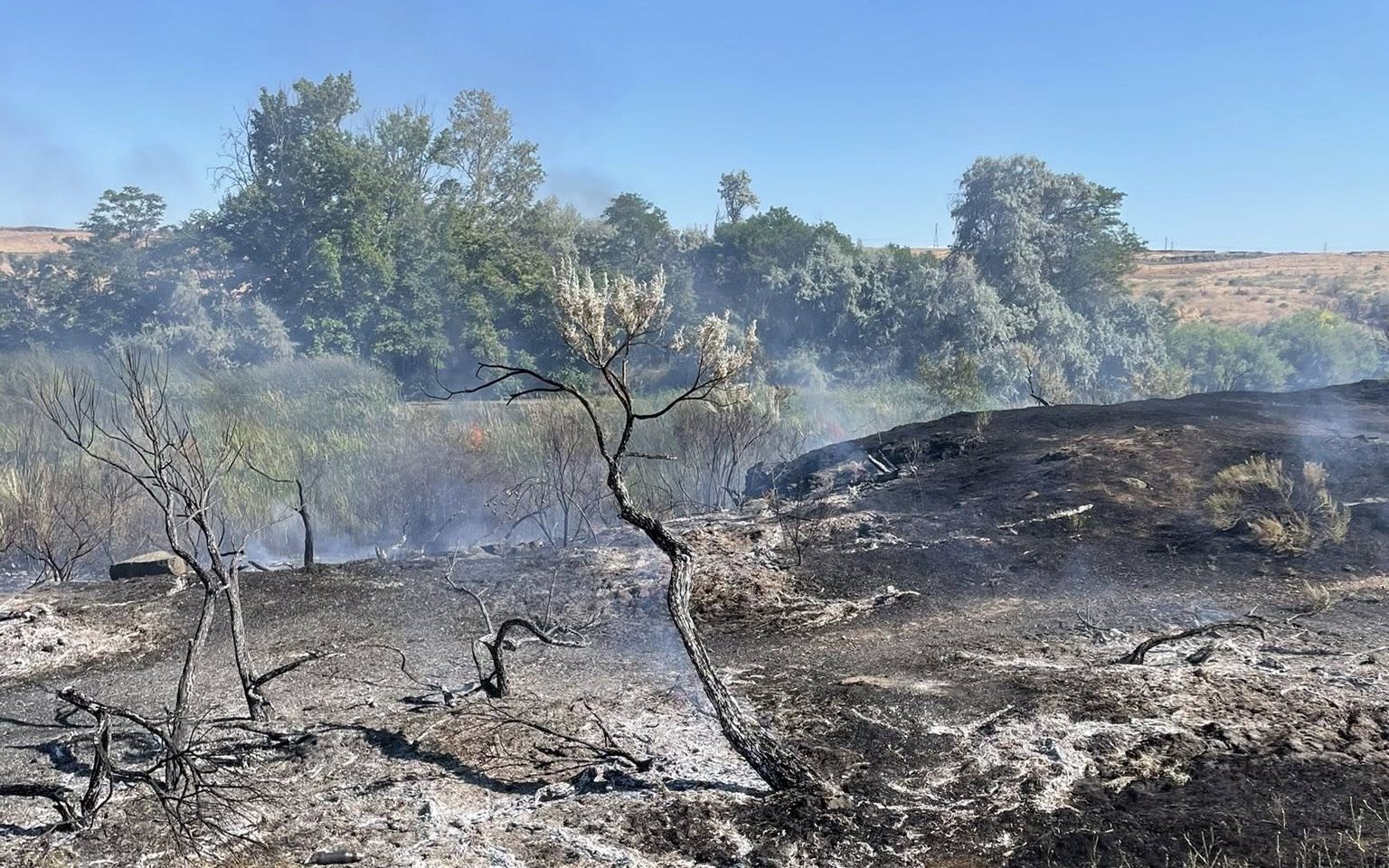From here to anywhere: In any community, the living world is essential
Published 6:00 am Saturday, May 15, 2021

- Bette Husted
Readers in Eastern Oregon have loved the books of Molly Gloss since we read “The Jump-Off Creek,” set in the Blue Mountains, in 1989. So we were happy to learn that she was recently named the recipient of Literary Arts Charles Erskine Scott Wood Distinguished Writer Award “in recognition of an enduring, substantial literary career.”
Stories connect us. In a deep sense, they are all that does. And Molly Gloss’ work explores the connections that lead to community. While traditional Westerns emphasized a lone male hero who rides into town, shoots, and then rides away — a story fueled by violence and, ultimately, racism — the arc in Molly’s works, from the story of a woman homesteader to a disillusioned Hollywood stunt rider, takes us away from that damaging mythology into the reality of the American West.
Her people — women as well as men — lose husbands and brothers and ranches and, heartbreakingly, children; they die of cancer and botulism. But they stay. They do the hard work that family and community require of us.
How best to build community? Indigenous people remind us that community includes the living world: humans, animals, plants, water, rock. From her earliest novel, the young adult fantasy “Outside the Gates,” Gloss has recognized animals as essential to community. The young protagonist in that story is rejected — put outside the gates — because animals commune with him. And in “Wild Life,” Charlotte learns about her own connections to (and through) the lives of Sasquatch-like creatures.
Horses seem to appear when Gloss’ characters need them. In one of my favorite stories from “Unforeseen,” her collection of speculative short fiction, a woman knows when an earthquake is going to happen, but she doesn’t know where.
“It’s science,” she says. “They’ve made recordings. There’s this droning, or purring, or swishing, it might be the oceans banging against the sea floor, always moving, or something else, maybe it’s just the sound of the globe turning on its axis, they aren’t sure, but it’s a sound that’s always going on under our feet, only nobody can hear it.”
What if, Gloss asks us, someone could feel this “everlasting humming” intensifying but be unable to warn people of coming disaster? What if painful experience has taught her not to even try?
A moment of relief comes when the woman leans her face against an old, wet horse and feels the slight tremble in his body, “not his heartbeat but his essential being, his aliveness” and for a moment his “calm, steady hum against her scalp overrode the humming of the earth.”
Just as the circle of story requires both teller and listener, the relationship with horses (or any animal) is reciprocal: We need them, they need us. In “The Hearts of Horses,” a team of frightened Belgians leans into Martha Lessen, and “she told them steadily how brave they were. She could feel her own heart thudding against the hearts of the horses.”
When things go badly wrong a few moments later, she hangs her weight around each horse’s neck, “the kind of reassurance you give a child when you hold him tight, ‘I’ve got you, I’ll hold you, it’s all right,’” and the horses are able to calm enough to save both her life and their own.
So it seems particularly appropriate that the Distinguished Writer Award is named for CES Wood, because there’s a horse story involved. Wood, who recorded Chief Joseph’s words of surrender, would later sent his son Erskine to live with Joseph for two summers. He told the boy to ask Joseph what gift he would like in return, but when Erskine was embarrassed at the modesty of the request — a stallion to increase Joseph’s herd — he failed to pass on the message.
When Erskine died, his descendants, knowing his adult regret, presented a 3-year-old black and white Appaloosa stallion to Chief Joseph’s descendants in a ceremony at Wallowa Lake.
The horse was not a gift, but a promise kept, Joseph’s great-great-grandson Keith Soy Redthunder said. And “if there is a promise that can be fulfilled after 104 years, surely you have to have hope.”
It’s a story about our need for each other, a story about connections. About community.






